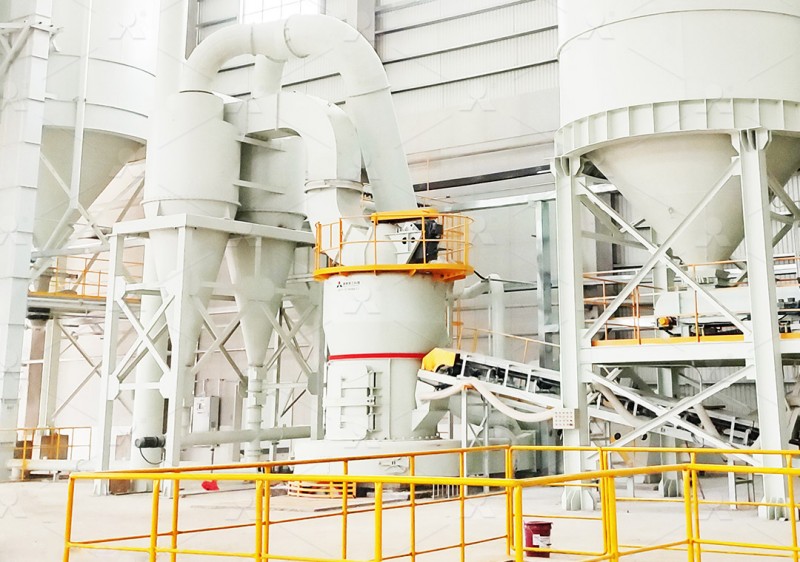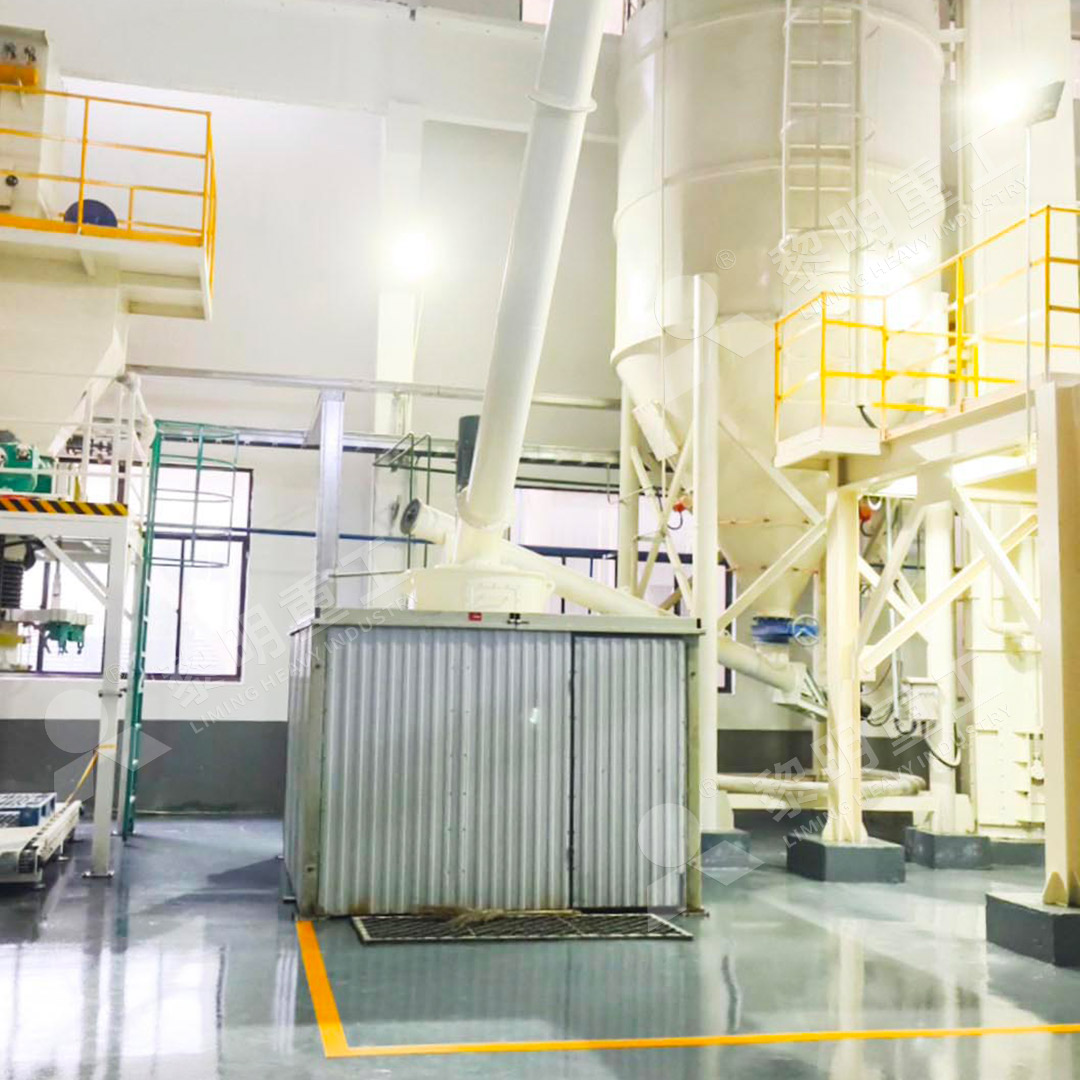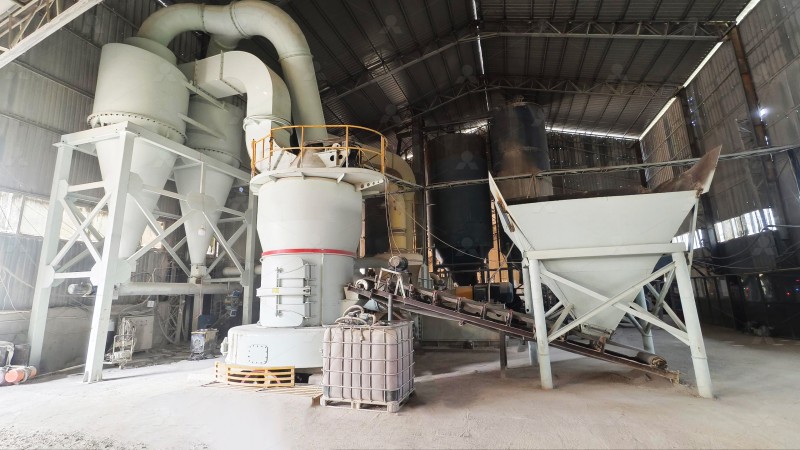Where to Find Stone Powder Grinding Machine Manufacturers in China
We provide a wide range of mills — including Raymond mill, trapezoidal mill, vertical mill, ultrafine mill, and ball mill, obtained ISO9001 international quality certification, EU CE certification, and Customs Union CU-TR certification. Suitable for processing minerals such as limestone, phosphate, quicklime, kaolin, talc, barite, bentonite, calcium carbonate, dolomite, coal, gypsum, clay, carbon black, slag, cement raw materials, cement clinker, and more.
The discharge range of these mills can be adjusted to meet specific processing needs, typically from 80-400 mesh, 600-3250 mesh, and can achieve the finest particle size of up to 6000 mesh(D50).
If you are looking for a reliable grinding solution to turn stone or minerals into fine powder, please feel free to contact our online customer service.
Navigating China’s Stone Powder Grinding Machine Manufacturing Landscape
China has established itself as the global hub for industrial machinery manufacturing, particularly in the mineral processing sector. For businesses seeking reliable stone powder grinding equipment, Chinese manufacturers offer competitive advantages in technology, pricing, and production capacity. However, identifying the right supplier requires careful consideration of technical specifications, after-sales support, and manufacturing expertise.
The Chinese grinding mill market is characterized by diverse technological approaches, from traditional Raymond mills to advanced ultrafine grinding systems. Leading manufacturers typically cluster in industrial zones across Henan, Shanghai, and Jiangsu provinces, where they benefit from established supply chains and technical expertise.

Key Considerations When Selecting a Manufacturer
Technical capability remains the primary differentiator among Chinese grinding machine producers. Look for manufacturers with in-house R&D departments, comprehensive testing facilities, and ISO certification. The ability to provide customized solutions for specific materials and production requirements is equally important.
Production capacity and lead times vary significantly between manufacturers. Established companies typically maintain inventory of standard models while offering custom engineering services for specialized applications. Verify manufacturing capabilities through facility tours or detailed production documentation.
Advanced Grinding Solutions for Modern Applications
Among the numerous options available, LIMING Heavy Industry’s MW Ultrafine Grinding Mill represents a significant technological advancement. This equipment processes materials with input sizes of 0-20 mm and achieves capacities ranging from 0.5 to 25 tons per hour. Designed for customers requiring ultra-fine powder production, the MW series incorporates efficient pulse dust collection and noise reduction features that minimize environmental impact.
The MW Ultrafine Grinding Mill demonstrates particular excellence in several key areas. Its newly engineered grinding curves for rollers and rings boost efficiency substantially, delivering 40% higher production capacity compared to jet grinding mills with identical fineness and power consumption. The system achieves remarkable energy savings, consuming only 30% of the energy required by conventional jet grinding systems.

Technical Innovations in Modern Grinding Systems
What sets advanced models like the MW series apart is their sophisticated engineering. The cage-type powder selector incorporates German technology to enhance separation precision, allowing fineness adjustment between 325-2500 meshes with screening rates achieving d97≤5μm in a single pass. The grinding chamber design eliminates rolling bearings and screws, preventing common failure points and enabling external lubrication without production interruption.
For operations prioritizing environmental compliance, the integrated pulse dust collector ensures dust-free operation throughout the milling process. Combined with silencers and noise elimination rooms, these systems meet stringent national environmental standards while maintaining production efficiency.
Manufacturing Excellence and Quality Assurance
Reputable Chinese manufacturers employ digitalized processing with numerically controlled machine tools for cutting, bending, planing, milling, and painting operations. This approach guarantees high machining precision, particularly for core components that determine equipment longevity and performance.
After-sales support distinguishes premium manufacturers from basic equipment suppliers. Companies like LIMING maintain comprehensive spare parts inventories and provide original components to ensure worry-free operation. Their integrated production and sales model ensures accountability throughout the equipment lifecycle.

Frequently Asked Questions
What materials can the MW Ultrafine Grinding Mill process?
The MW series handles numerous materials including limestone, calcite, dolomite, petroleum coal, gypsum, barite, marble, talc, and coal powder. It also serves chemical industry applications for paint, cosmetics, medicine, and food additives.
How does the energy consumption compare to traditional grinding mills?
The MW Ultrafine Grinding Mill reduces energy consumption by approximately 70% compared to jet grinding mills and offers twice the production capacity of ball grinding mills with equivalent fineness specifications.
What maintenance advantages does the MW series offer?
Its innovative design eliminates rolling bearings and screws within the grinding chamber, preventing common failure points. External lubrication capability allows continuous 24-hour operation without shutdowns for maintenance.
How precise is the fineness control?
With German powder separation technology, the mill achieves adjustable fineness between 325-2500 meshes, with screening rates reaching d97≤5μm in a single processing stage.
What environmental features are incorporated?
The system includes efficient pulse dust collectors for dust-free operation, plus silencers and noise elimination rooms to reduce acoustic impact, ensuring full compliance with environmental protection standards.
